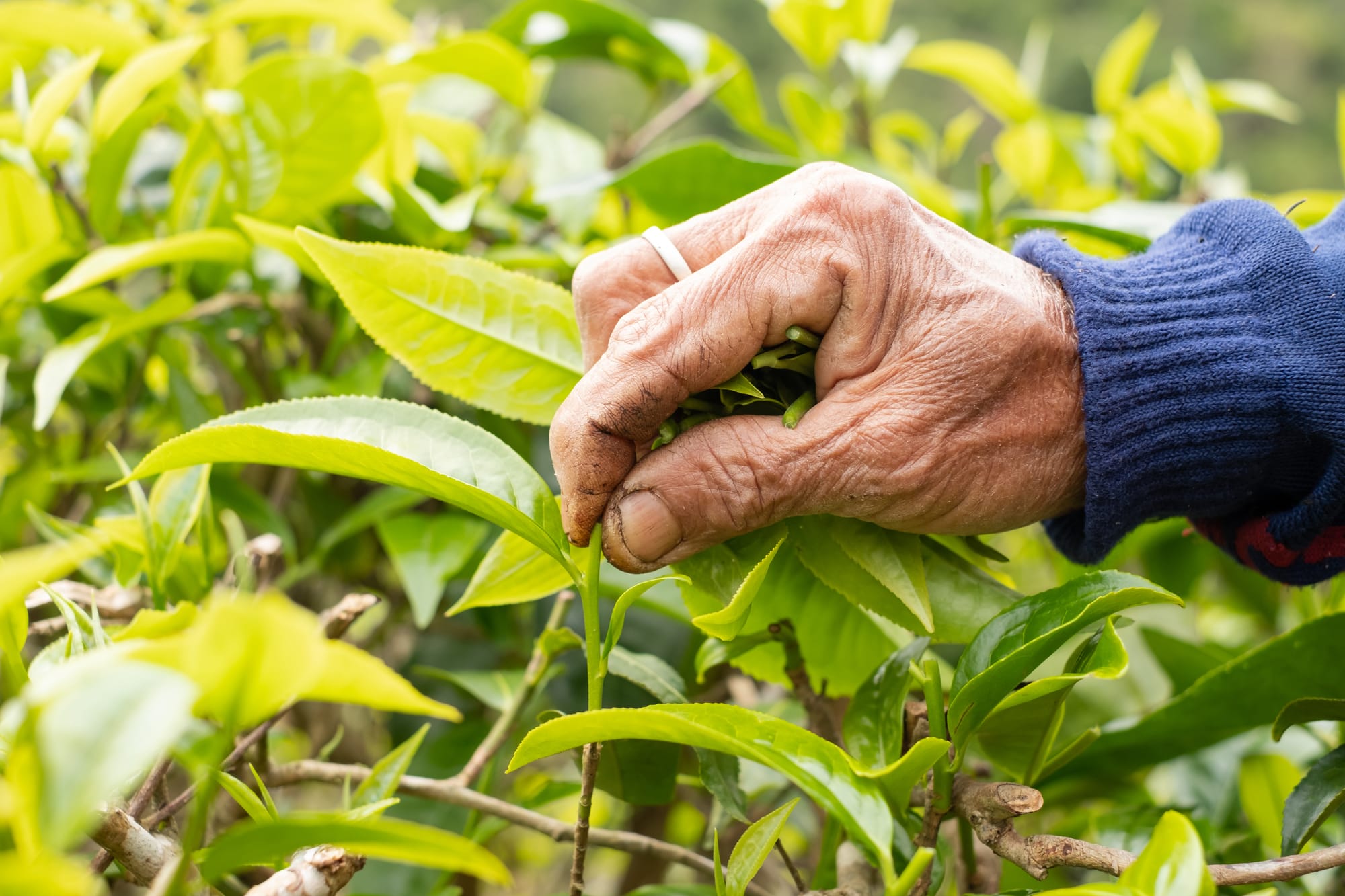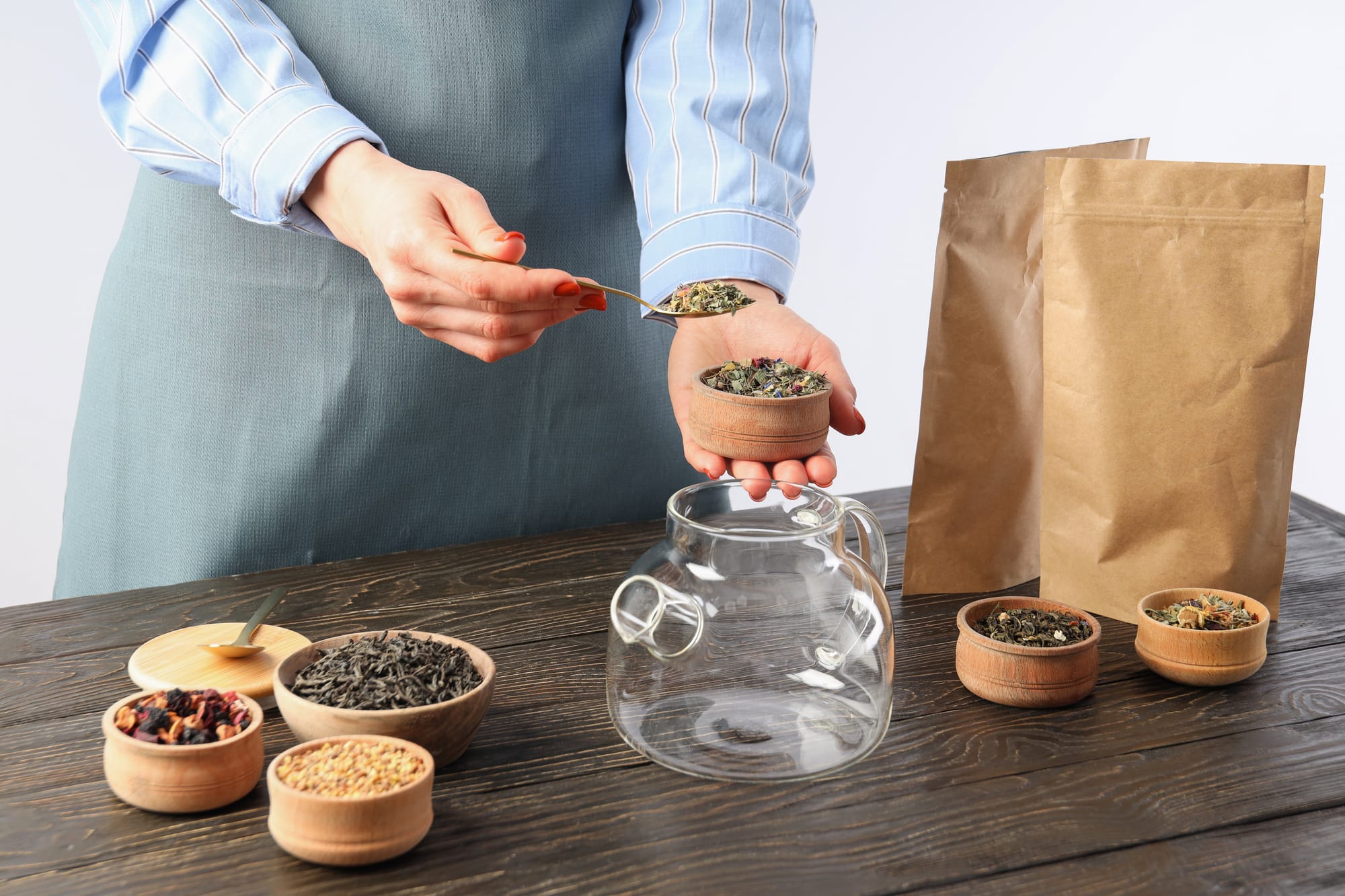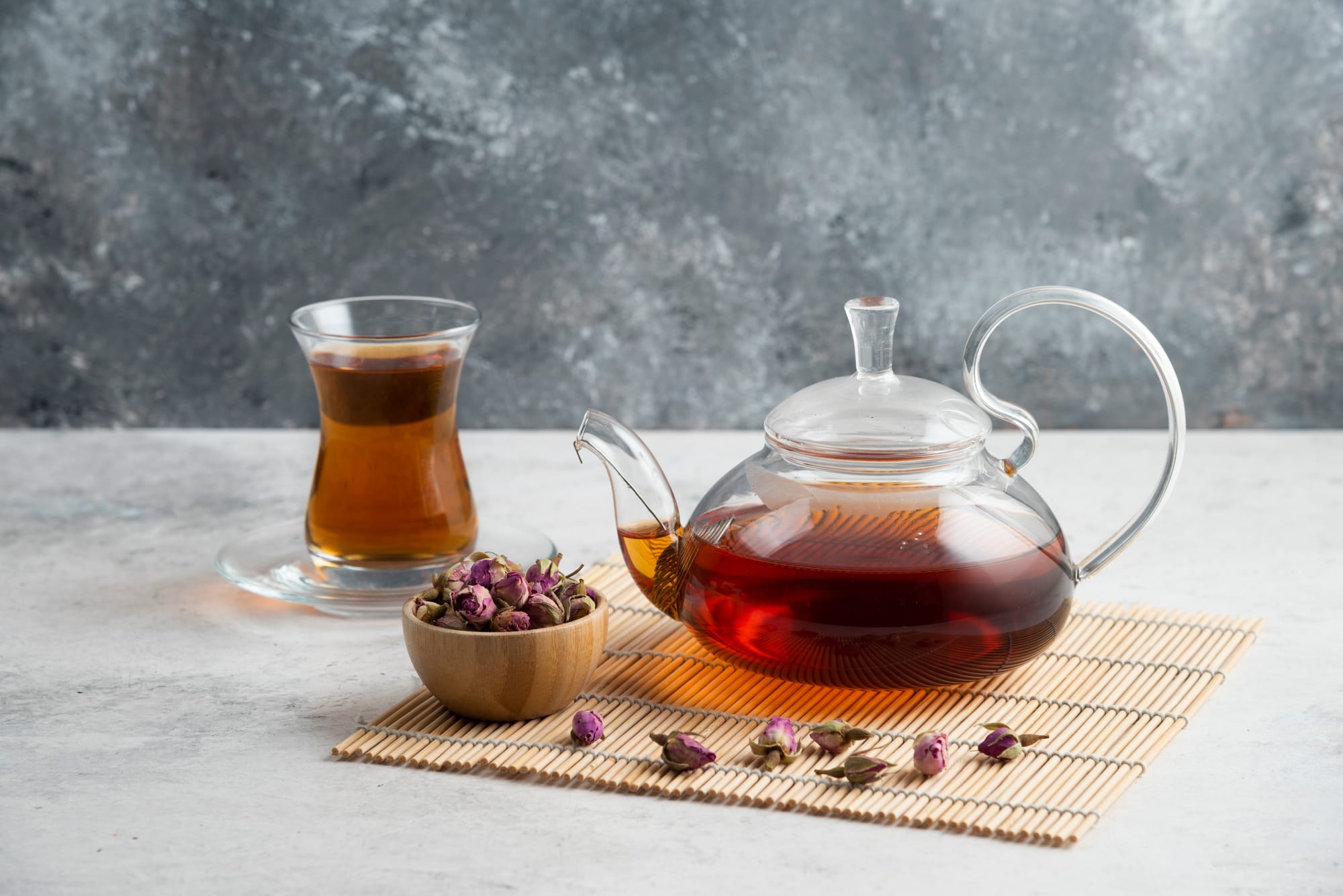From Challenges to Comfort: Palliative Care for Dementia Patients
Practical ways palliative care makes life more comfortable for dementia patients, addressing their physical and emotional needs with care.
Incorporating tea and coffee into your day may do more than offer comfort—it could actually extend your life. Research suggests that the antioxidants in green and black teas, along with the powerful nutrients in coffee, help lower risks of chronic diseases.

Few things bring as much comfort—and, perhaps, vitality—as a warm cup of tea or coffee. For centuries, these simple drinks have found themselves in our daily lives across cultures, each sip offering moments of calm, community, and now, as research suggests, potential health benefits.
Today, a growing body of evidence points to the longevity-promoting properties of tea and coffee, especially in regions called Blue Zones, where people live longer, healthier lives than the global average. From the antioxidant-rich green teas of Okinawa, Japan, to the antioxidant-laden coffee of Ikaria, Greece, these beverages appear to be more than just morning routines; they’re potentially powerful tools for enhancing lifespan and quality of life.
In this article, we’ll explore the specific benefits of green tea, black tea, and coffee, looking closely at how these drinks may contribute to better health, prevent chronic diseases, and help people live longer and more fulfilling lives.
Blue Zones are regions around the world where people enjoy remarkable longevity and tend to live well into their 90s or even 100s, often with fewer health issues than others of their age. The concept of Blue Zones was popularized by Dan Buettner, a National Geographic Fellow, who studied the lifestyle, dietary habits, and communal practices in these areas. These zones include Okinawa in Japan, Ikaria in Greece, Sardinia in Italy, Loma Linda in California, and the Nicoya Peninsula in Costa Rica.
While each Blue Zone has its own unique cultural practices and dietary customs, several themes are shared across these regions, one of which is the regular consumption of tea and coffee.

In Okinawa, Japan, green tea is a part of daily life, sipped slowly throughout the day. Residents often fill a 20-ounce jar with tea leaves, allowing them to extract beneficial compounds gradually while enjoying a steady source of hydration. Similarly, coffee plays a significant role in the longevity of the people of Ikaria, Greece, where it’s prepared differently from the Western norm. In Ikaria, coffee is finely ground, boiled rather than brewed, and sipped leisurely in a social setting, potentially enhancing its antioxidant properties.
Both tea and coffee serve as more than just beverages in these areas; they are integrated into a lifestyle that emphasizes relaxation, social interaction, and a mindful approach to life—practices that, as research shows, are beneficial for health and longevity.

Green tea, especially popular in Asian countries, is packed with catechins and flavanols—potent antioxidants that combat oxidative stress, a major factor in aging and age-related diseases. Studies have shown that regular consumption of green tea is associated with lower mortality rates and a reduced risk of cardiovascular disease and certain cancers. These antioxidants work by reducing the body’s level of harmful free radicals, molecules that damage cells and contribute to chronic diseases.
Green tea is particularly beneficial in supporting various areas of health that contribute to longevity:
In Okinawa, people’s habit of drinking green tea throughout the day may contribute to these health benefits, as it provides a steady intake of beneficial compounds without overloading the body with caffeine.

Like green tea, black tea is loaded with flavonoids and antioxidants that have been linked to better health outcomes and a longer lifespan. Regular consumption of black tea, studies show, can lower the risk of premature death by as much as 9-13% when enjoyed as two or more cups per day. Black tea has many of the same catechins as green tea, though in lower concentrations, yet its unique compounds offer distinct benefits.
Around the world, black tea is widely accessible and present in countless daily rituals, making it one of the simplest drinks to incorporate into a longevity-focused lifestyle.

Coffee—both regular and decaf—has gained attention as one of the largest sources of antioxidants in Western diets, which may explain its ties to improved health and longer life. Consuming 2-3 cups of coffee per day is associated with a 14-27% lower risk of death from any cause, with studies showing lower incidences of type 2 diabetes, liver disease, neurodegenerative conditions, and some types of cancer among regular coffee drinkers.
Ikarian Coffee is prepared in the similar style as Turkish Coffee.
While both tea and coffee are rich in antioxidants and offer substantial health benefits, each has its unique properties. Green tea may be better suited for people looking to avoid higher caffeine levels, while coffee’s additional nutrients provide more varied health benefits, especially for those at risk of liver or neurological diseases. For individuals seeking to improve cardiovascular health or lower cancer risks, both drinks are excellent choices, particularly when enjoyed in moderation (2-3 cups per day).
In our quest for a longer, healthier life, we often look for complex solutions—when sometimes, the answers are more obvious than we imagine. Tea and coffee, enjoyed across centuries and cultures, offer not only physical benefits but also an invitation to slow down, connect, and savor the present. From Okinawa’s green tea rituals to Ikaria’s slow-sipped coffee, these simple drinks are more than the sum of their antioxidants and nutrients; they’re daily practices that encourage us to live well.
Incorporating tea and coffee into our routines can be an easy, enjoyable step toward healthier living. Whether it’s green tea’s heart-boosting catechins, black tea’s digestive support, or coffee’s antioxidant-rich defense against chronic disease, each sip is a simple choice that supports well-being. So, as you reach for that morning mug, remember: the secret to longevity might just be in your hands, one mindful cup at a time.